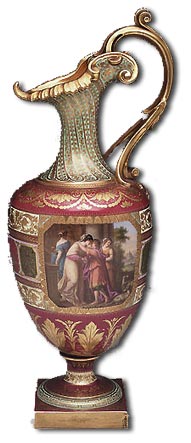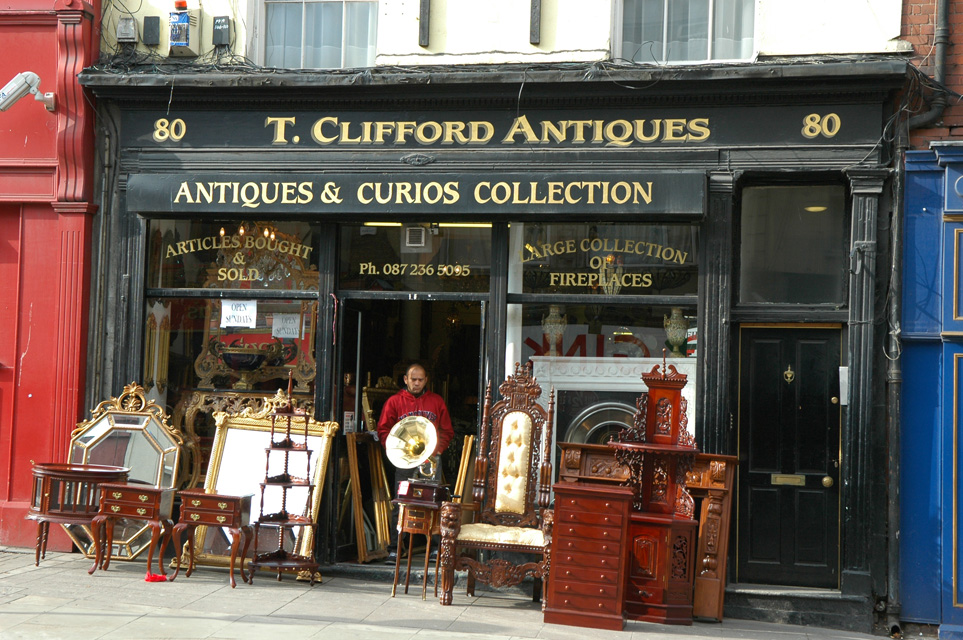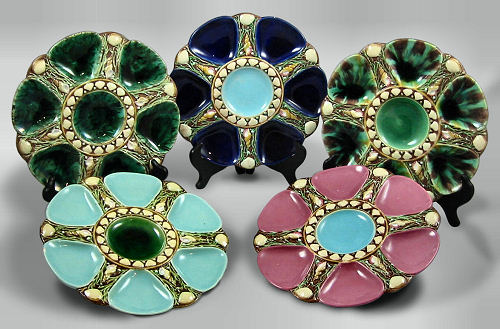There’s only one way to buy your antiques and that’s do not buy unless you know what you are buying.
 When buying antiques the buyer has a multitude of ways to buy, including online internet auctions, local auction houses, newspaper and classified ads, antique dealers, and much more.
When buying antiques the buyer has a multitude of ways to buy, including online internet auctions, local auction houses, newspaper and classified ads, antique dealers, and much more.
The UK is probably the best place in the world to search for and to buy antiques because of its rich history of invasion, conquest, trade and invention. It probably has more genuine antiques per square mile than any other country.
There is one Golden Rule when buying antiques. ‘ Only Buy The Things You Like ‘ Buy the best you can afford and if it’s for your own personal use or collection, don’t worry too much about whether you have overpaid. The modern, probably inferior equivalent, will cost a lot more anyway
What antiques to buy.
Whether you buy from antique dealers, antique fairs, auction houses, or boot sales, always, always, always, buy the things that appeal to you directly. If something appeals to your sense of style or idea of beauty, you will develop a passion for it.
There is nothing worse than having something on your shelf that does not hold your interest. You will never invest time in it or take the time to discover whether it has any hidden qualities. So buy what appeals or you think will provide a good return.
If you buy something you don’t like, it will sit and gather dust for generations; and you or your children will eventually sell it for pennies.
Remember when buying antiques the cheapest isn’t always the best and the best isn’t always the surest way to profit.
Antique auctions and local antique dealers are usually cheaper than the big city outlets, but not always, and antique fairs at your local county showground or exhibition hall can be among the most expensive ways to buy.
Top 10 Tips for buying antiques. Memorise them and never present yourself as an amateur.
 1. Always ask for discounts no matter where you buy from. Many professional dealers will have a code marked somewhere on the item that you’re interested in and this will tell them exactly how low they can go. Something like X10 or X50 could mean they will discount up to that figure or go as low as that figure. Use your own judgment and always ask.
1. Always ask for discounts no matter where you buy from. Many professional dealers will have a code marked somewhere on the item that you’re interested in and this will tell them exactly how low they can go. Something like X10 or X50 could mean they will discount up to that figure or go as low as that figure. Use your own judgment and always ask.
2. Always, always, ask about damage and/or restoration. If you don’t ask, they don’t need to tell you.
3. Always, handle the item. Pick it up, put it down, pick it up again. Look at the bottom, the top, the sides. Look from odd angles and use a magnifier to look close. Never be afraid to pick anything up in a shop, at an auction, on a dealers stall or at any other sales event. It’s your money you’re spending and you’ll only kick yourself if you miss a flaw when you look again later.
4. Never pose as a Trade buyer as you may lose your consumer protection rights.
5. Never offer Cash until you’ve agreed a price for paying by cheque or credit card. Once you’ve got your maximum discount, get your cheque book or credit card out, then pause and ask if there’s any further discount for cash. You’ll never know, if you don’t ask.
6. Always get a receipt even if you pay cash. Make sure your receipt lists the items age, the material, any damage or restoration and it’s value.
7. Look for the odd one out. The odd ones are usually the best bargains. Look for items that don’t belong, such as ceramics in a jewellers shop or stall or bronze in a silver dealers display. More likely than not the antique dealer or seller will discount the unsuitable item to move it on.
8. Buy from your local auction house where the profit should be. Get to know your antique marks and your local auction house. The bargains are there and in all categories. Increase your knowledge about auction procedures and become an auction bargain hunter.
Buy from auction houses and markets abroad but know the local rules before you do.
In the U.K. all valuable items bought from abroad and shipped into the country must be declared at British Customs control and the receipt produced. If you buy items that are over 100 years old then no UK duty or Value Added Tax is due on the item. Always make sure the seller or supplier marks the age on the receipt.
9. Check for trade association memberships. Find the one that covers your area and get yourself a greater degree of security and protection.
10. BEWARE of reproductions, fakes and forgeries. They are very good and they are out there.











